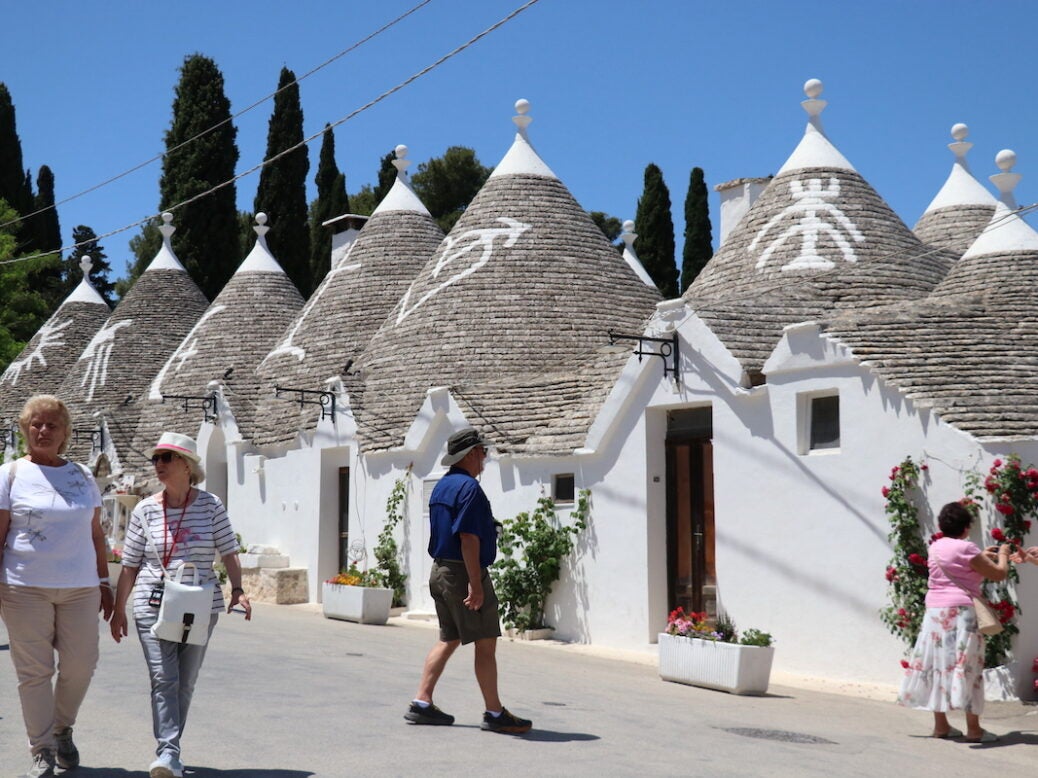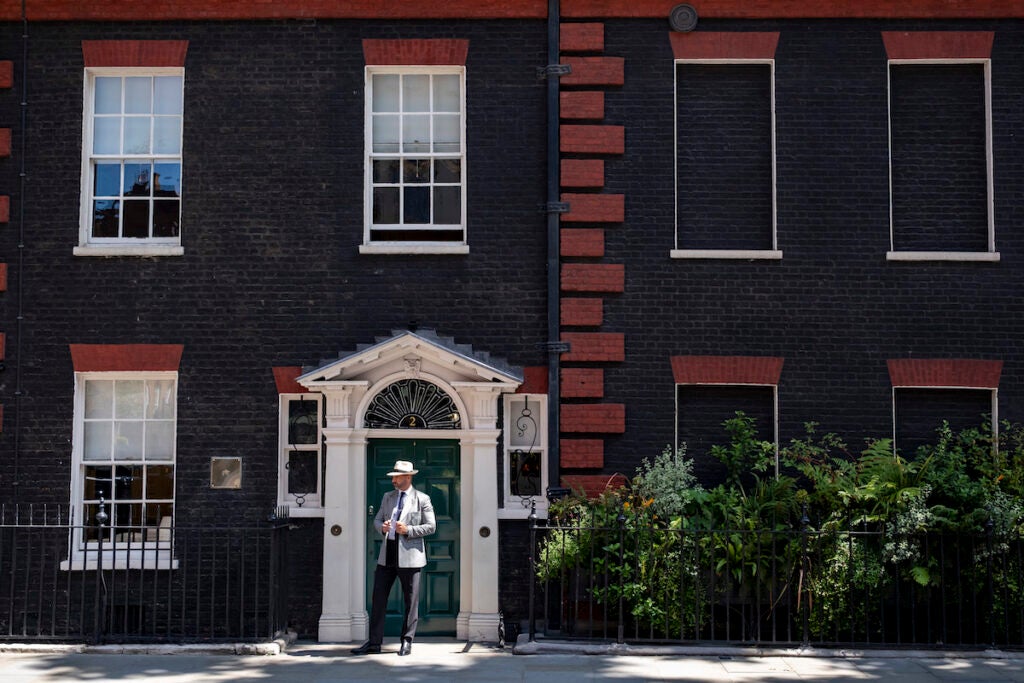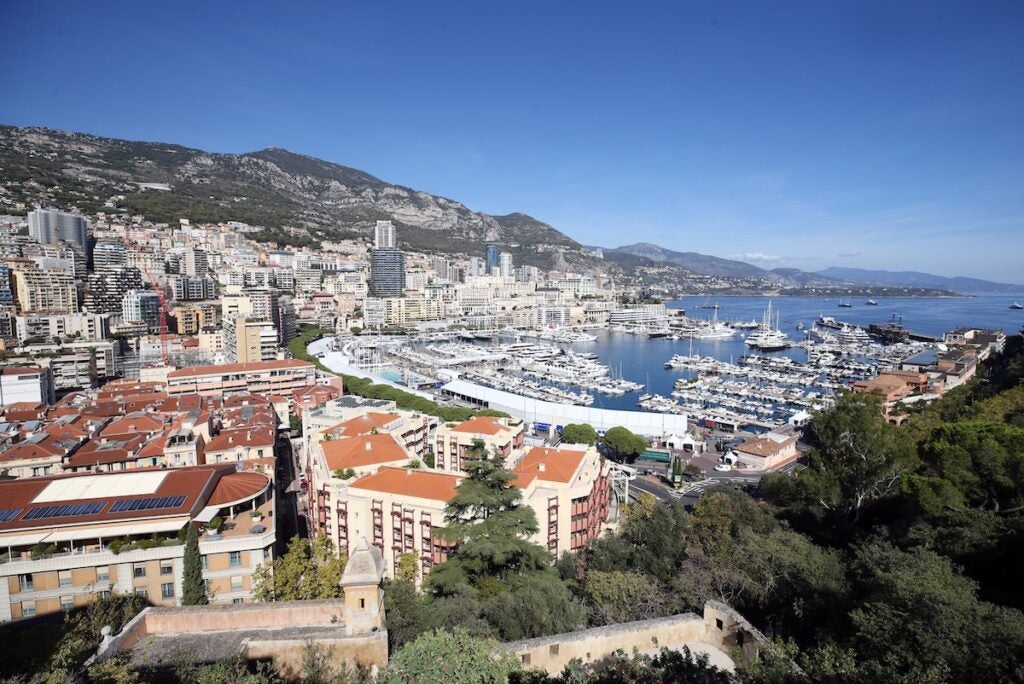
The last weekend of May found me wandering around Puglia, in the heel of Italy, with my mother, brother and sister.
Our first priorities were, as you can well imagine, to top up our vitamin D levels with the steady application of sunshine and to top up our pasta levels with the steady application of orecchiette in very many tradition-respecting local forms, to wit pesto cime di rapa, aglio olio e peperoncino, pomodoro e basilico and so on.
But the old conscience nudged us, too, in the direction of a little sightseeing. It was thus that we found ourselves in the pretty town of Alberobello. It’s famous for its trulli, as I’m sure you cultured people will be aware.
[See also: The 2023 Spear’s Tax & Trust Indices]
Trulli, madli, deepli
And as it turns out trulli – and you can believe I had to be restrained from blurting ‘madli, deepli’ every time the subject was raised – are rather an interesting thing. They are traditional Pugliese dwellings, best characterised, I think, as little stone igloos. The centre of Alberobello is absolutely full of them. They seem to come, like camels, in two varieties: the detached and the semi, the latter having two humps and the former one.

Marvellous, they look – little grey conical roofs side by side thronging the narrow streets, and practically every trullo in the place now serving in the office of a gift shop where you could buy keyrings, piggy-banks, plaster ornaments of pots of Pugliese honey in the distinctive shapes of even smaller trulli.
Architecture born of a tax avoidance scheme
The design, it’s said, goes back to medieval times. And here, you see, is the really interesting thing.
My brother, googling away, discovered that this cherished regional tradition had its origins not in some quaint quirk of medieval culture or distinctive response to the landscape or natural resources of the area. It was a tax avoidance scheme.
[Dwindling number of non-doms pay record tax bill]
Way back in the 15th century, or thereabouts, the local nabobs were fond of levying extremely high tax on property. Result? The locals, it’s said, eschewed bricks and mortar and instead took to building small structures dry-stone-walling-style so that if word got round that tax inspectors were nearby, they could take them to bits in a hurry.
I like to picture a tax-efficient Pugliese entrepreneur standing in a field evenly scattered with blocks of stone and whistling in ostentatious innocence as a suspicious-looking taxman clip-clopped past on his donkey. ‘Are you sure you don’t own any houses?’ the latter might ask. ‘Trulli!’ he will have responded.

The window tax
Students of tax avoidance will already be aware, I’m sure, of the effect of window taxes in 18th-century England. Houses with 10-20 windows paid four shillings more than those with a more modest number, and it was eight shillings if you lived in a property with more than 20 windows.
Result? Rather than get clobbered by the Board of Taxes, the owners of grand houses simply bricked the things up – though maybe not so firmly as to make it difficult to reglaze them between inspections. But having to take your house to bits altogether: that takes it to quite another level. We hear much about the lengths to which some people will go to reduce their personal tax burdens.
Creativity born of creative accountancy
Should we not, sometimes, take a step back and instead celebrate such displays of ingenuity? We hear grumbling, too, about the incentives that tax regimes generate, forcing entrepreneurs to cool their heels in Belize or the British Virgin Islands, or vast multinationals to think it sensible to operate – officially at least – from a brass-plate office next door to a dentist in some obscure crown dependency.

Perhaps, occasionally, we should also celebrate the contribution to the quirkiness of global culture and the gaiety of nations that this dance inadvertently makes? Without tax avoidance, we would not have had the glories of the early-Noughties British film industry (I like to imagine that some readers will have been proud investors in Sex Lives of the Potato Men).
[See also: How a decade of golden visas shaped Portugal’s property market]
We would not have had those windowless mansions of the Anglo-Irish ascendency. We would not have had the culinary glories of Monaco’s fine dining scene. And we would not have had the trulli of Alberobello. In 1996, by the way, those trulli were named an official Unesco World Heritage Site.
Tax avoidance has given the world an entire architectural style, in other words, and one fit to preserve for posterity. Here’s to the creative accountants.







